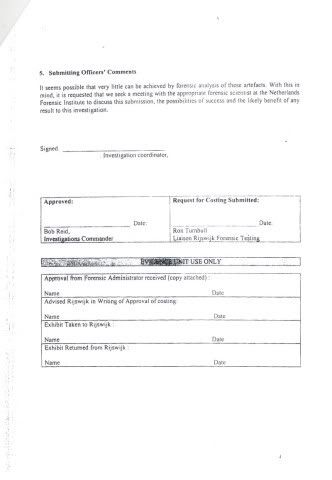Works
Cited
[1]
Machiavellian diplomacy and international relations theory directed a
country’s foreign policy initiatives upon its own selfish
national
state interests and not on any goals of constructing world peace.
[2] The
Balance of Power system of early European diplomacy premised itself
on each country possessing a relatively equal
amount
of power. Enough to keep any one state power from dominating the
others and thus deterred war while producing some
semblance
of peace and stability.
[3]
Both the Cold War and also NATO’s 78 day undeclared war against
Yugoslavia (1999) elucidate this United States inclination
in its
foreign policy and diplomacy.
[4]
John Quincy Adams, Address of July 4th, 1821, in Walter LaFeber, ed.
John Quincy Adams and American Continental
Empire
(Chicago: Times Books, 1965), p.45.
[5]
Woodrow Wilson, Annual Message to Congress on the State of the Union,
December 7th, 1915, in Thte Papers of Woodrow
Wilson,
vol. 35, p.297.
[6]
Woodrow Wilson Commencement Address at the U.S. Military Academy at
West Point, June 13, 1916, in The Papers of
Woodrow
Wilson, vol. 37, pp. 212ff.
[7]
George Washington’s Farewell Address, September 17th, 1796,
Reprinted as Senate Document no. 3, 102nd Congress, 1st
Session,
(Washington D.C.: U.S. Government Printing Office, 1991), pp. 24.
[8]
Jefferson’s Letter to Mme. La Duchesse D’Auville, April
2, 1790, in Paul Leicester Ford, ed., in Tucker Hendrickson, “Thomas
Jefferson,”
p. 139.
[9]
Mikhail Gorbachev, Gorbachev: Mandate for Peace, Paperjack’s
Limited Press, New York, N.Y., 1987, pp.30-31.
[10]
Alexander Hamilton, “The Federalist, No.6”, in Edward
Mead Earle,ed., The Federalist, (New York: Modern Library 1941), pp.
30-31.
[11]
President George Bush, “The U.N.: World Parliament of Peace,”
address to the U.N. General Assembly, New York, October 1,
1990,
in Dispatch, (U.S. Department of State), vol. 1 no. 6 (October 8th
1990) p. 152.
[12]
President Bill Clinton, “Confronting the Challenges of a
Broader World,” address to the U.N. General Assembly, New York,
September
27, 1993 in Dispatch (U.S. Dept. of State), vol. 4 no. 39 (September
27th 1993), p. 650.
[13]
NATO’s unilateral nuclear militarism launched without first
obtaining UN Security Council authorization for 78 days in an
illegal
undeclared war waged against Yugoslavia, served to seriously
undermine some very important diplomatic ties that America
had
worked hard for several decades to establish e.g., China, Russia,
Greece etc. It also led to dangerously destabilizing the entire
Balkan
Peninsula in which the hostilities could easily have spread into
Greece, Turkey and also elsewhere. This incident was also
very
closely reminiscent of whereby both world wars previously occurred in
almost the same Balkan area. The Clinton
Administration
was logistically unprepared to provide for the mass waves of Albanian
refugees fleeing from Kosovo into
Macedonia.
Simultaneously, a NATO air carrier accidentally bombed the Chinese
Embassy in Yugoslavia during the height of
the Cox
scandal. This entire disaster could had been prevented if only
American diplomacy had been previously revised by
policymakers
into a more pragmatically applicable methodology capable of dealing
with these and other 21st century civil war
crises.
But instead, NATO’s war against Yugoslavia leaves serious
international legal questions soon to be resolved at the Hague
as to
whether NATO leaders’ themselves committed crimes against
humanity in undertaking unilateral militarism against
Yugoslavia
and firing directly on international legally protected cultural and
civilian targets (UNESCO). The war also greatly
increased
alienation between both China and Russia against the United States
and its novel idea of intervening militarily as a
Humanitarian
Interventionist necessity for promoting world peace and stability. A
United Nations investigation recently
revealed
that the NATO used illegal depleted uranium weaponry. According to
international law, using depleted uranium
weaponry
when engaging in war hostilities is a war crime since DU is
contraband. This further leaves another serious legal
question
unresolved as to whether NATO leaders should be tried for war crimes
at the Hague similarly to former Yugoslav
President
Slobodan Milosevic.
[14]
Holtsi, War and the State of War, Cambridge University Press, New
York, N.Y., 1991, pp. 100-101.
[15] As
the unwillingness of many countries to accept American values has
shown.
1


No comments:
Post a Comment